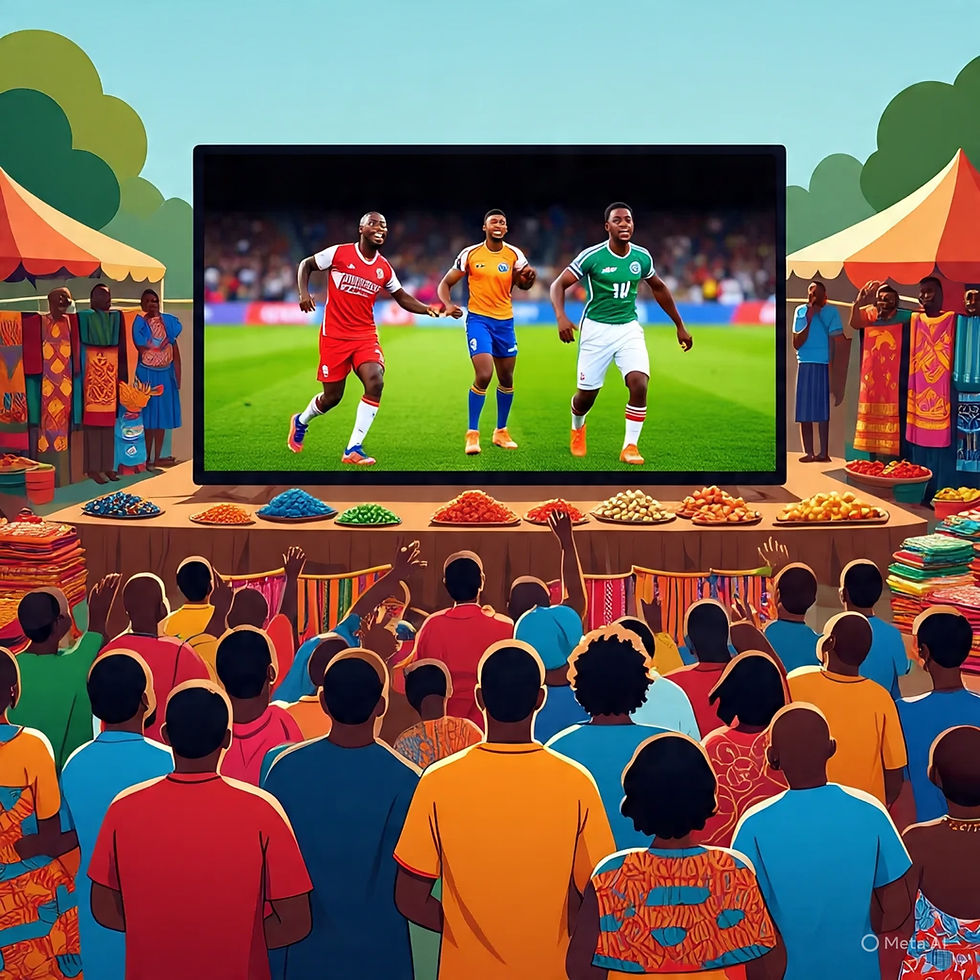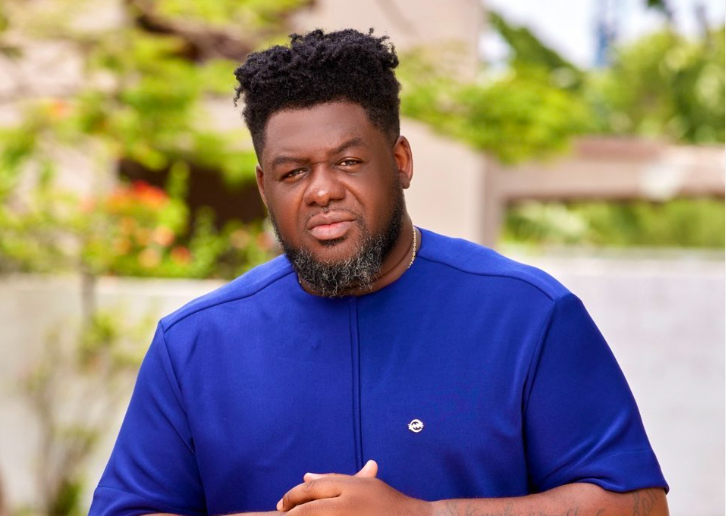Witchcraft Juju and Black Medicine in African Churches and Football—Exploring Spiritual Practices and Their Influence
- orpmarketing
- May 20, 2025
- 3 min read

A World Where Spirits Walk Beside UsAfrica’s spiritual tapestry is woven with threads of the unseen. In churches, markets, and football stadiums, practices like witchcraft, juju, and “black medicine” blur the lines between the physical and supernatural. They shape how millions interpret triumph, tragedy, and the mysteries in between. But do they work? Can a witch’s curse topple a family, or a buried charm secure a soccer victory? This blog dives into the heart of Africa’s spiritual zeitgeist, exploring its role in faith, sport, and the burning question: Is there any proof?
Witchcraft in African Churches: Spiritual Warfare or Exploitation?
Step into a Pentecostal church in Lagos, and you might witness a pastor decrying witches in the pews—sometimes pointing to children as young as five. In Nigeria’s Akwa Ibom and Cross River states, over 15,000 children were accused of witchcraft between 2000–2010, with 1,000+ dying from exorcism-related abuse. Pastors often profit from “deliverance” rituals, charging desperate families to purge “evil spirits” blamed for infertility, bankruptcy, or illness.
Why the Blame Game?In many African cosmologies, suffering is rarely random. A car crash or failed harvest might signal a witch’s malice. While traditional healers once addressed these fears, Pentecostal leaders now fuse Bible verses with indigenous beliefs, positioning themselves as spiritual warriors. The outcomes vary:
Sierra Leone’s Mende communities reintegrate accused witches through rituals.
Nigeria’s child witch hunts spiral into violence, driven by fear and profit.
The result? A hybrid faith where spiritual forces feel as tangible as the air we breathe—and where exploitation often thrives.
Juju in Football: The “Sixth Player” on the Field
In African football, juju—or “spiritual doping”—is the game’s worst-kept secret. Players and coaches use charms, animal sacrifices, and rituals to hex rivals or boost their own luck:
2000 Africa Cup of Nations: A Nigerian official stormed the pitch to remove a charm from Senegal’s goalpost.
2015 AFCON Final: Ghana’s Andre Ayew sprinkled white powder mid-game, sparking debates.
Mind Games or Magic?Zambian ex-player Nchimunya Mweetwa recalls teams hiring witch doctors to “slow” opponents or “lock” goalposts. Yet, Cameroon’s Mathew Mbutta scoffs: “If marabouts were so powerful, they’d be playing for Real Madrid.” While the Confederation of African Football banned juju in 2016, enforcement is nearly impossible.
The Psychology of BeliefStudies suggest rituals boost confidence (like a lucky jersey), while fear of hexes can rattle opponents. The real power? It’s in the mind—not the magic.
Black Medicine: When Spirits Turn Malicious
Beyond juju lies “black medicine”—practices intended to harm. Tales abound of curses destroying careers, health, or relationships:
Nigeria: Footballer Emmanuel Adebayor accused family of using black magic to sabotage him.
Sierra Leone: “Witchcraft guns” (toxic charms) are blamed for spreading disease.
A Double-Edged SwordIn Uganda, some HIV patients seek healers over clinics, paying $5 for rituals to “remove curses.” Yet, reliance on black medicine often masks systemic issues—like poor healthcare or family strife.
Do They Work? Science vs. Culture
The Short Answer: No scientific evidence supports supernatural efficacy. But culture isn’t about labs—it’s about meaning.
Witchcraft: Illnesses blamed on curses often stem from malaria or HIV. Exorcisms may offer psychological relief, but child hunts prove deadly with zero “witches” caught.Juju: Stats show wins hinge on skill—not spells. Africa’s World Cup record? No semifinals, despite rampant rituals.Black Medicine: “Cursed” failures often trace to stress or poor choices, not spirits.
Yet, belief persists. Why? These practices frame chaos into narrative, offering control in uncertain worlds.
Conclusion: Beyond “Real” or “Fake”
Witchcraft, juju, and black medicine aren’t mere superstitions—they’re cultural lenses for navigating life’s storms. While science finds no proof of magic, the impact is undeniable: from shattered families to soccer players gripped by doubt. The challenge? Honoring tradition while curbing harm—and recognizing that sometimes, the greatest power lies in the stories we tell ourselves.
What do you think? Can spirituality coexist with modernity? Share your thoughts below.
Engage, reflect, and explore—the conversation is just beginning. 🌍✨




Comments